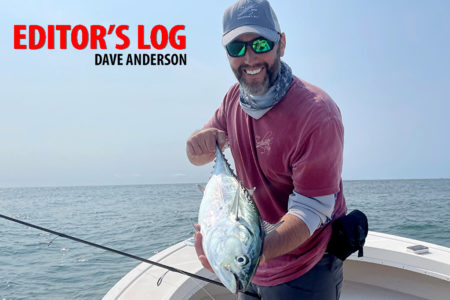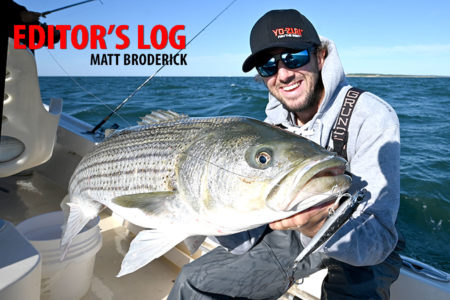Recreational fishing, often seen as a leisure activity pursued for enjoyment and relaxation, is deeply entwined with economic factors that shape its accessibility, sustainability, and overall impact on local and national economies. As we go through the complexities of financial shifts, it becomes increasingly evident that the economy’s health is critical in influencing the recreational fishing sector in numerous ways.
Firstly, the economic climate significantly affects consumer spending, impacting recreational fishing. During periods of economic growth, disposable incomes generally rise, allowing more individuals to partake in leisure activities such as fishing. People are more willing to invest in fishing licenses, equipment, and trips, stimulating growth in related industries, including retail and tourism. Conversely, in an economic downturn, recreational fishing can experience a decline as households tighten their budgets and prioritize essential expenses over hobbies.
The link between the economy and recreational fishing extends beyond individual spending to include the health of related sectors. For instance, the boating industry, closely linked to recreational fishing, thrives when economic conditions are favorable. Sales of fishing boats contribute significantly to this sector, with ripple effects on manufacturing, sales, and maintenance services. A robust economy bolsters these interconnected industries, whereas an economic slump can lead to reduced sales, layoffs, and less frequent boat and equipment upgrades.
Tourism is another economic pillar influenced by recreational fishing. Coastal communities often rely on anglers to support their hotels, restaurants, and shops. The presence of abundant and diverse fish species can draw tourists from across the globe, which helps to sustain local businesses and, by extension, local economies. Economic downturns that affect travel and leisure spending can result in decreased tourist arrivals, lessening the financial benefits that recreational fishing typically brings to these areas.
Furthermore, economic factors influence regulatory frameworks governing recreational fishing, which are crucial for ensuring sustainability. Economic pressures can lead to overfishing, which depletes fish stocks and disrupts ecosystems. This decline affects the availability of fish for recreational anglers and has broader environmental and economic consequences. Governments and regulatory bodies must balance economic benefits with conservation efforts. This task becomes more challenging during economic stress when the immediate financial gains from increased fishing quotas might overshadow long-term sustainability considerations.
Another aspect to consider is the investment in conservation and recreational fisheries management. Economic prosperity allows for greater public and private investment in conservation programs that protect aquatic habitats and ensure the health of fish populations. Such investments are crucial for maintaining the quality of recreational fishing experiences and ensuring that fish populations are sustainable. During economic downturns, funding for these programs can be at risk, potentially leading to less effective management and conservation efforts that could harm the fishing industry in the long run.
The economy is a very real force that shapes the landscape of recreational fishing. Its influence creeps into various aspects, from individual spending and related industries to regulatory and conservation efforts. For recreational fishing to thrive, it must be nurtured through balanced economic policies that promote sustainability, support related industries, and ensure that both economic and environmental health are maintained for future generations to enjoy angling.



